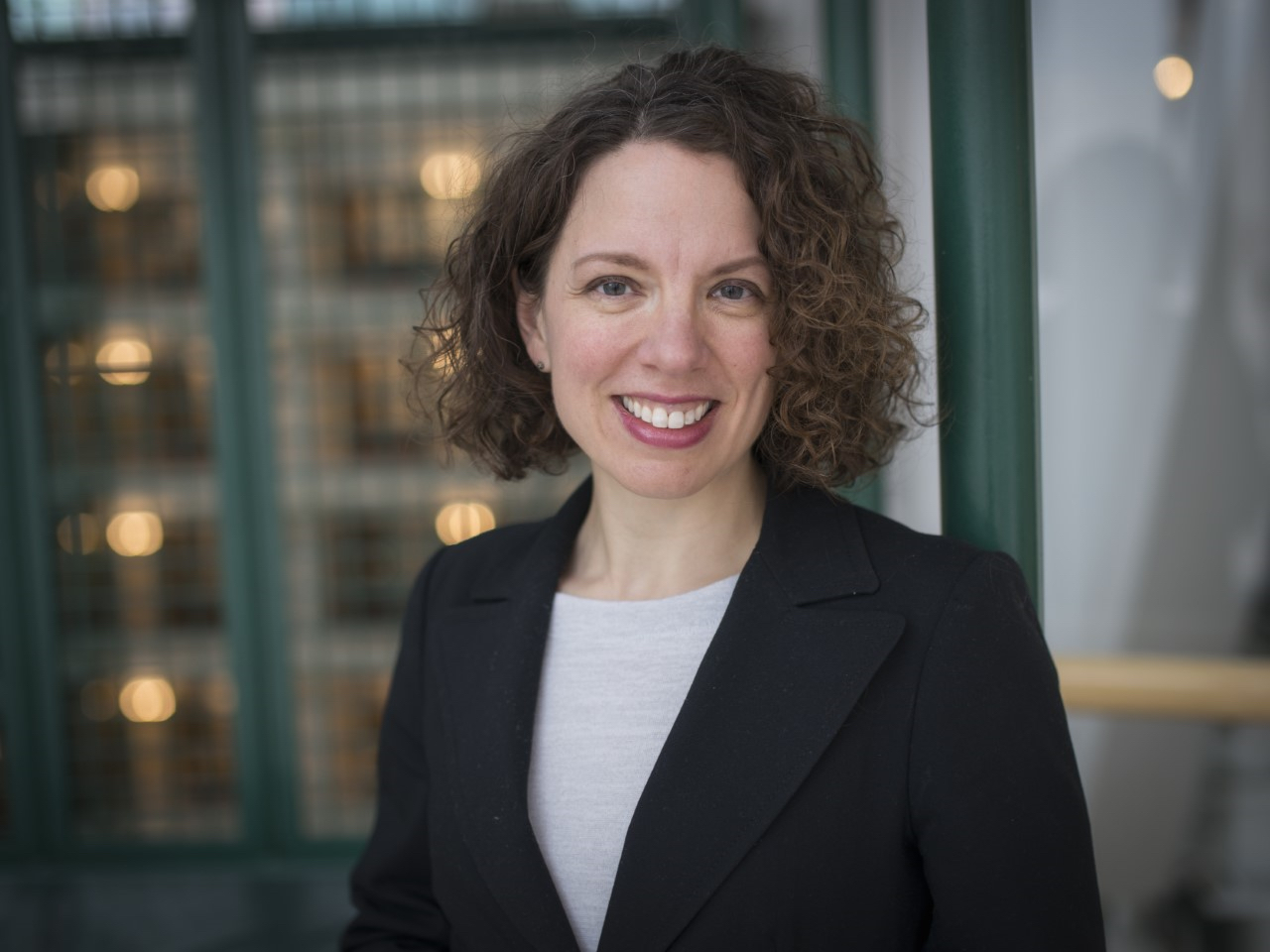Special Session: Gene TherapyImpact of Universal Newborn Genetic Screening on the Treatment of Hearing Loss in Children Introduction: Diagnostic confirmation of sensorineural hearing loss (SNHL) in children typically occurs well before etiologic assessment. This might change as, in our province, universal hearing screening includes since 2019 neonatal dried blood spot (DBS) testing to detect cytomegalovirus (CMV) as well as several common mutations in GJB2/6 and SLC26A. Objective: The study aim was to assess the impact of identifying hearing loss genetic etiology in neonates through a universal risk factor screening on diagnosis and intervention, particularly early bilateral cochlear implantation. Methods: All children with SNHL due to congenital CMV (cCMV) or genetic mutations (GJB2/6 and SLC26A), detected through universal newborn DBS testing who went on to receive cochlear implant(s) (CI) between 2018-2022 were included in this retrospective study (n=34). A control group were 34 children born with pre-lingual SNHL in 2016, prior to the implementation of universal newborn hearing risk factors screening, who underwent CI. Data analyzed were age at diagnostic hearing testing, hearing aid fitting, MR imaging and CI surgery. Results: In the case group, 21/34 (62%) had SNHL due to genetic mutations (GJB2 was the most common mutation identified (17/21, 81%) and the remaining (13/34, 38%) infants were diagnosed with cCMV. MRI was obtained at a mean age of 8 months (SD=6.9) in the case cohort, with (16/34) 47% of scans successfully completed without anesthesia (feed and sleep protocol). The control group received MRI at significantly older ages (mean = 32 months, SD = 14), (P<0.001). CI surgery occurred at a mean age of 13 months (SD = 7.2) in the case group and at significantly older ages in the control group (mean = 39 months, SD = 11.5), (P<0.001). Conclusion: Provision of an early etiologic diagnosis for SNHL within the first few weeks of life appears to accelerate the diagnosis, evaluation and intervention, particularly early bilateral cochlear implantation.
Dr. Sharon Cushing is a full time paediatric otolaryngologist and the Director of the Cochlear Implant Program at The Hospital for Sick Children and a Full Professor at the University of Toronto. Dr. Cushing has a clinical and surgical interest in disorders of the external, middle and inner ear, including hearing loss and vestibular dysfunction. Her research interest include vestibular and balance function and dysfunction in children, and its association with hearing loss and cochlear implantation.
|

